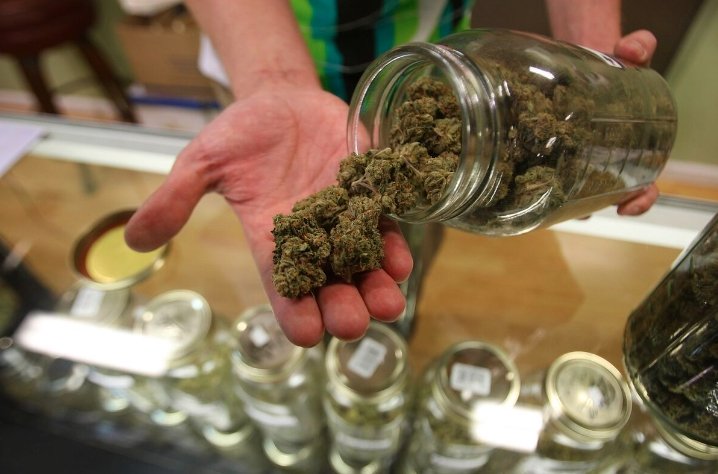The United States is on the brink of a historic policy shift as the Department of Justice (DOJ) proposes to reschedule marijuana from a Schedule I to a Schedule III controlled substance. This move, long anticipated by advocates and industry stakeholders, could significantly ease restrictions on cannabis-related research and alter the legal landscape for cannabis manufacturers and distributors. While not a full legalization, this rescheduling marks the most significant change in federal drug policy in decades and could be a harbinger of broader reform.
The Path to Rescheduling
The DOJ’s proposal to reschedule marijuana comes after a comprehensive review by the U.S. Department of Health and Human Services (HHS) and the Food and Drug Administration (FDA). The review considered eight factors, including the drug’s potential for abuse, its pharmacological effects, and its history and current pattern of abuse. The conclusion to move cannabis to Schedule III, where it would join substances like ketamine and anabolic steroids, reflects a growing recognition of the drug’s accepted medical use and lower potential for abuse compared to Schedule I substances.

The proposed rule is a culmination of efforts initiated by President Biden in 2022, who requested a review of marijuana’s classification. The HHS’s recommendation in 2023 to reschedule the drug was a pivotal moment, setting the stage for the DOJ’s recent announcement.
Implications for Research and Industry
Rescheduling marijuana to Schedule III would lift some of the barriers that have hindered cannabis-related research, potentially spurring cannabinoid drug development. For the cannabis industry, the change would adjust the regulatory framework, although marijuana would still face significant regulation by the DEA and FDA.
The move is seen as a critical step toward the ultimate goal of full federal legalization. Industry groups have lauded the decision, calling it a “tectonic shift” away from the failed policies of the last 50 years. However, it’s important to note that rescheduling does not equate to legalization, and the industry will continue to navigate legal and regulatory obstacles at the federal level.
The Road Ahead
While the rescheduling of marijuana is a major step forward, it does not automatically lead to nationwide legalization. It does, however, provide a catalyst for further reform efforts and may prompt states to reconsider their own marijuana policies. The proposed rule is now subject to a public comment period, after which the DOJ will decide whether to finalize the rescheduling.
This development reflects a shift in the national conversation around marijuana, moving away from criminalization and towards a more nuanced understanding of the drug’s risks and benefits. As the U.S. grapples with this potential policy change, the world watches to see how it will influence the future of marijuana regulation both domestically and internationally.



